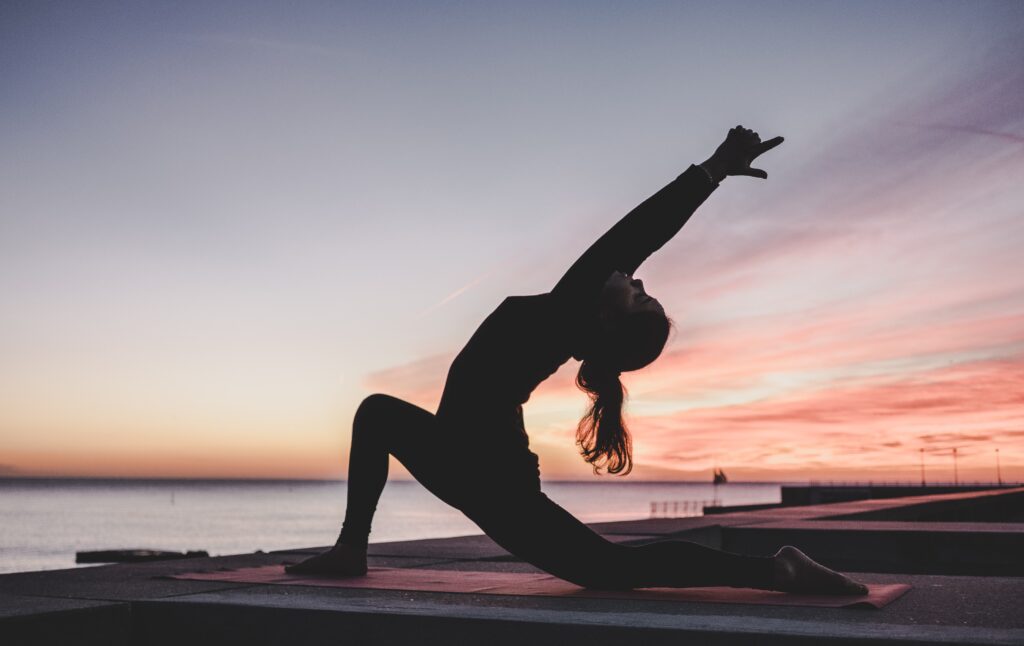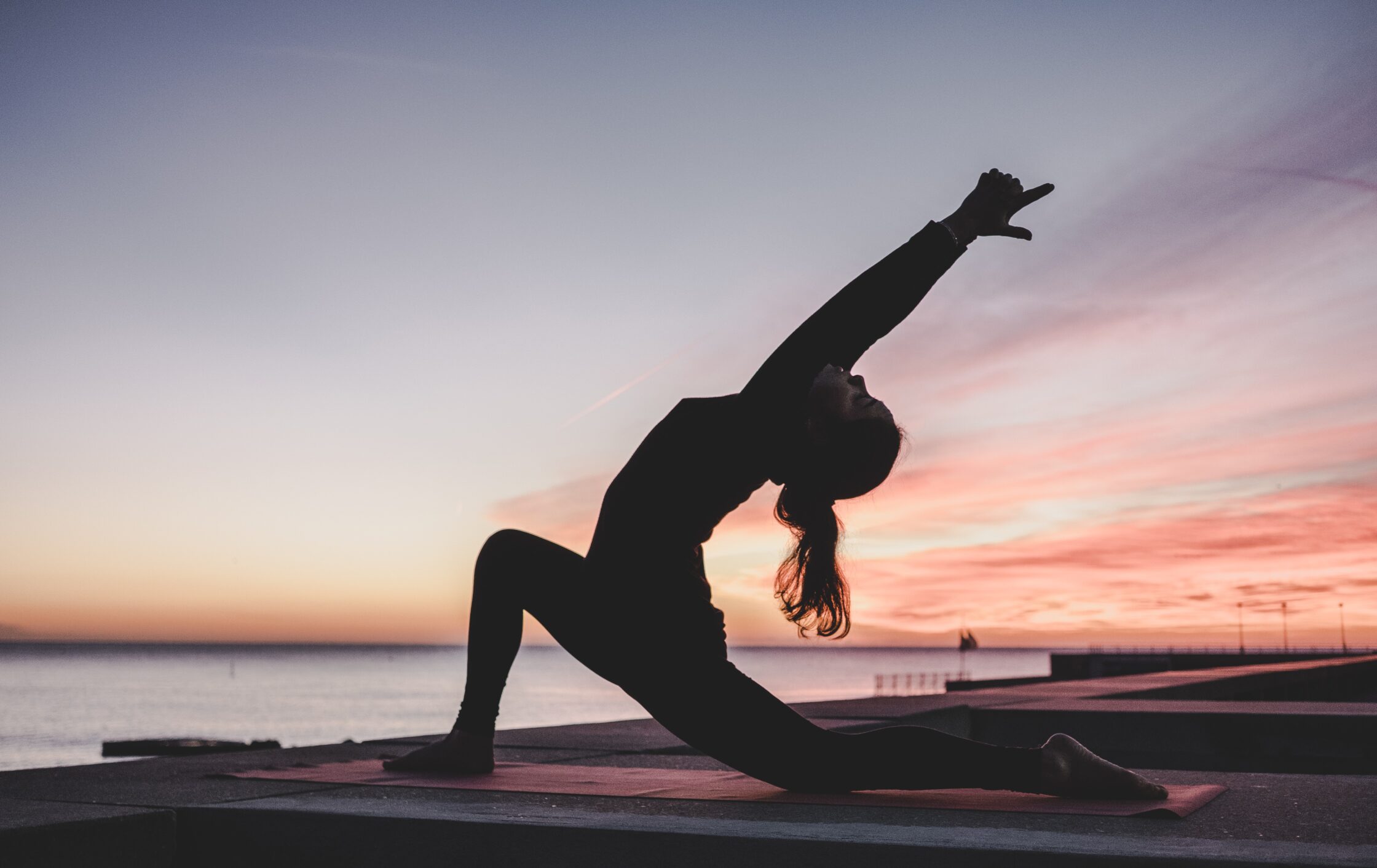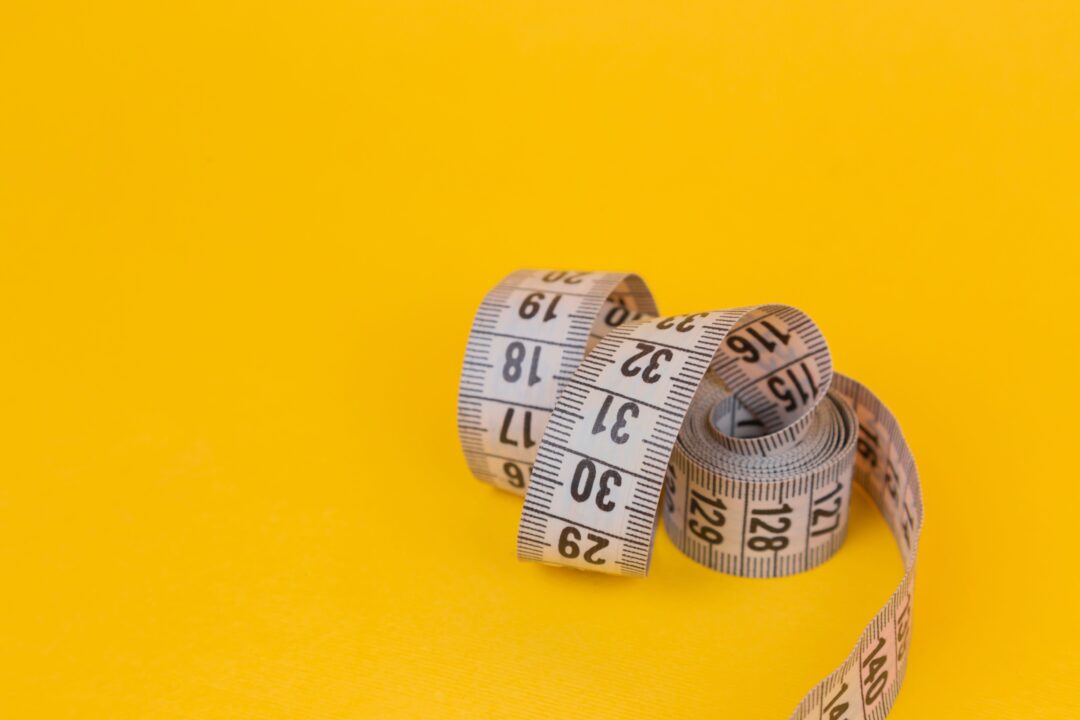Regular exercise is important for a healthy heart and mind, as well as greatly reducing our chances of illness and cardiac diseases. However, there is much debate over when is the best time to exercise. Should it be when we first wake up, or are evening workouts best? Read on to find out when is best to exercise.
Is the best time to exercise in the morning?
Exercising in the morning can be a brilliant way to start the day for a number of reasons:
- It mobilises your metabolism! After completing something like a HIIT workout, you could then burn more calories throughout the day
- 24 hour fat burn has been found to be best in adults who worked out in the morning
- Cortisol and endorphins are released, meaning a positive start to the day, being alert and feelings of more energy
- Our brain can be more efficient, with an improved cognitive function
- You have the rest of the day to achieve your goals!
There have also been recent studies which have found morning workouts can also help with food intake, food choices and blood pressure:
- Exercise can inspire healthier eating. Exercising can lead us to make more healthy choices, like not having so much red meat or sugary and fried products
- Appetites can be restrained by exercise. Your appetite is regulated more by the release of ghrelin (food hormone)
- Physical activity is known to lower high blood pressure (hypertension). When exercising in the morning, blood pressure can be the lowest after a morning workout
For many, morning exercise may fit in well with your routines and personal preference. As highlighted above, there are benefits to it, but what about the evening?

Is the best time to exercise in the evening?
Whether in the morning or the evening, the exercise we do will have similar physical benefits (see further down on this topic). However, there have been studies looking at how evening exercise benefits humans, especially when it comes to our sleep and the quality of it:
- Evening exercise can have a positive effect on our sleep- to find out about food can effect your sleep read this article here
- We may fall asleep quicker and have a deeper sleep
- Even with high intensity exercise, the benefits were positive for nocturnal sleep
- But it must be done at least 3.5 hours before you plan to sleep
- Exercise promotes cardiac autonomic activity, but rest and sleep were not affected
Further to this, there have been findings showing benefits for low intensity exercise in the evening:
- Nocturnal sleep is still very positive after low intensity exercise, but the autonomic activity has not been affected negatively
- This benefit could be great for those balancing a lot of training
- Low intensity workouts later in the day, and more high intensity earlier in the day could have positive effects on sleep and help with balancing a busy training programme
What about exercising at varying times during the week?
But what if we exercise as and when we can, when it fits more easily into our daily lives? With our working hours being different, potentially shifting week to week, maybe working out when we can is best?
Studies as recent as 2021 have looked at when it is best to exercise. Taking in to account the physical, mental, sleep and health benefits on those who have not been active recently, their findings are below.
- The study had 2 groups, those who exercised in the morning, and those in the evening, and participants were studied over a 12 week period
- Those who exercised in the morning had an improved bedtime and mid sleep level, over those who exercised in the evening
- Exercise in the evening can impact the ease to get to sleep, as it can upset ones circadian rhythm
- All participants had similar levels of fatigue
- Both groups had similar levels of improved body composition
- All participants had improved sleep quality, even if exercising in the evening
- There were similar improvements in muscular endurance and cardiorespiratory for all participants
Conclusion
These results suggest that exercising whenever we can is important. We know exercise has many benefits, so fitting this into our daily lives, wherever possible, seems a good way to go!
Key points for deciding when is best to exercise:
1. Working out in the morning potentially has benefits to our cortisol and endorphin levels, meaning we start the day off feeling more positive!
2. Morning exercise does appear to have some more physical benefits, such as influencing food choices, suppressing appetite, and higher 24-hour fat burning.
3. Exercise in the evening (at least 3.5 hours before sleep), can have positive effects on our deep sleep and quality of sleep
4. Whenever we exercise, it is always going to have positive benefits to our body physically and mentally!
5. Everyone is different, choose when suits you. As long as you exercise in the week, no matter what time, it is better than doing none!
Studies discussed in the article
Saidi, O. et al. (2021) ‘Effect of morning versus evening exercise training on sleep, physical activity, fitness, fatigue and quality of life in overweight and obese adults’, Chronobiology international, 38(11), pp. 1537–1548
https://pubmed.ncbi.nlm.nih.gov/34128447/
Thomas, C. et al. (2020) ‘High-intensity exercise in the evening does not disrupt sleep in endurance runners’, European journal of applied physiology, 120(2), pp. 359–368.
https://pubmed.ncbi.nlm.nih.gov/31813044/
Title: The 4 benefits of doing HIIT in the morning
Author: Ashley Richmond
https://medium.com/coldpressed/the-4-benefits-of-doing-hiit-in-the-morning-e14ed75a1da0
Author: Daniel Bubnis and Kirsten Nunez
Title: 13 benefits of working out in the morning
https://www.healthline.com/health/exercise-fitness/working-out-in-the-morning#benefits



